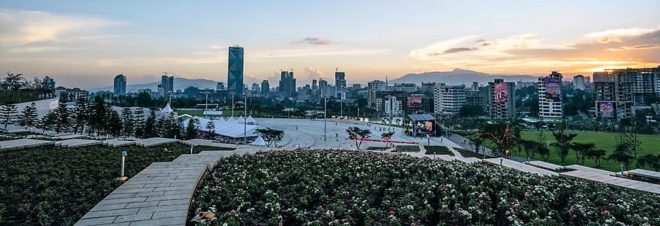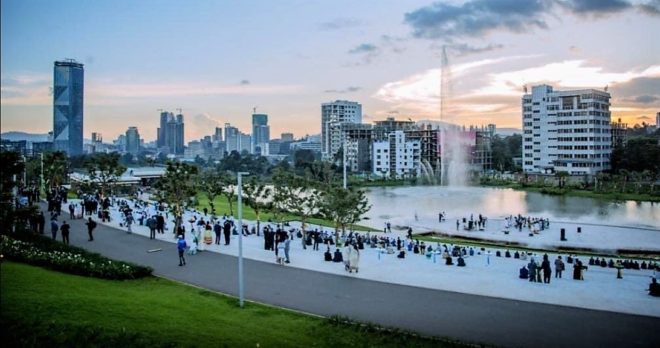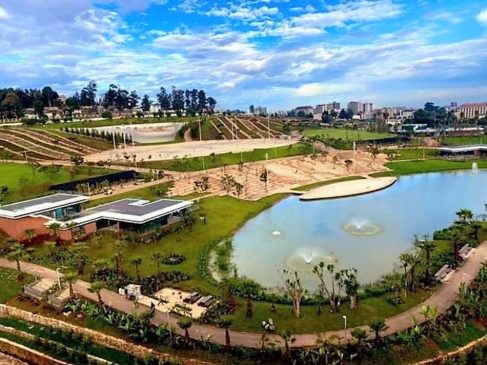Ethiopia: Lakeside City Surmounts Africa’s Tourism Crisis
By David Njagi

Bahir Dar, Ethiopia — The evening calm is broken by a roll of drums at a social joint near the Rahnile Hotel. Crowds stream through the streets to answer the call of the rhythm, pulled by the promise of a cultural ballet.
Inside a weather-beaten pub, patrons swig mouthfuls of local brew, seated on neat rows of benches. A group of tourists, who appear to be from Europe, enthusiastically toast a youthful trio’s well-practiced thoracic thrusts and floor acrobatics. Jazzy music and performances that link traditional Amharic melodies and movement in modern realizations have surged in popularity across Ethiopia, and Bahir Dar is no exception.
Where this city – and this country – intend to be exceptional is in keeping – and even expanding – the tourism that fuels its economy.
Across Africa, tourism – and the vital revenues it produces – is down, partly due to fears of Ebola, even in traditional tourist magnets in east and southern Africa, 3500 miles and more from the nearest case of the disease.
No one could have predicted the Ebola shock to Africa’s economies or to the cities where most tourists land. A World Bank report last year on the region’s tourism potential predicted continuing rapid growth – despite concerns about security and terrorism threats in some areas – citing outsize examples like Mozambique, where tourist arrivals grew 284 per cent in five years. The report noted that tourism is a job-intensive industry, producing more employment per money invested than either agriculture or mining. The Bank said Africa was the only region where tourism grew during the global recession.
No longer. Zimbabwe’s tourism agency reported in October that the country had lost about $6 million in revenues due to trip cancellations. A month earlier, the trade minister of Namibia told AllAfrica that scheduled visits by trade missions from Brazil and Japan had been cancelled because of Ebola fears. Safari companies in Kenya and other parts of east Africa report as much as a 70 per cent decline in bookings.
Bahir Dar, along with other cities in Ethiopia, hopes to escape that fate through an aggressive international effort. The flagship Ethiopian Airlines is one of the world’s highest ranked carriers, and it is promoting visits to Ethiopia heavily, as are the country’s tourism officials. Their campaign may be assisted by the fact that many international tourists don’t think of Ethiopia as African, even though it is the home of the Organization of African Unity and of the United Nations Economic Commission for Africa.
Read more at: AllAfrica.com



